Barrister Felix Agbor Balla, the legal mind that bequeaths Justice to the dogs.
By The Independentist editor in chief Ali Dan Ismael.
Barrister Felix Agbor Balla’s recent remarks urging Anglophone politicians to “put the people first or step aside” ahead of the 2025 elections represent a well-intentioned but fundamentally flawed understanding of the Southern Cameroons question. While his appeal for unity and people-centered politics may sound persuasive, it masks deeper errors in historical framing, political legitimacy, and moral consistency.
- Category Error: Misreading a Colonial Dispute as a Governance Problem
Agbor Balla’s framing suggests that the core issue facing Southern Cameroonians is poor political leadership within a dysfunctional centralized system. This is a category error. The crisis is not about electoral underperformance; it is about the non-implementation of the right to self-determination following the flawed decolonization process of 1961.
Southern Cameroons was a UN Trust Territory, not a province of French Cameroon. The conflict today stems from its forcible annexation, not lack of effective representation.
By ignoring this foundational truth, Balla unwittingly lends legitimacy to a political framework that has no legal or moral authority over Southern Cameroons.
- Ignoring the People’s Verdict: The Boycott is the Message
Calling on Southern Cameroonian politicians to “reconnect with their base” through the 2025 elections ignores the fact that the base has already spoken—through massive election boycotts, support for a separate Ambazonian identity, and a clear rejection of political integration into La République du Cameroun.
Elections under occupation are not opportunities for reform—they are tools of control. The people have chosen resistance over participation, and it is the duty of every conscientious leader to honor that choice.
- False Equivalence: Not All Politicians Are Created Equal
Balla paints all “Anglophone politicians” with the same brush, failing to distinguish between collaborators in the CPDM regime and those who have courageously challenged it, often at great personal cost.
Figures like Hon. Joseph Wirba, who exposed the truth in Parliament and was chased into exile, cannot be equated with those who have profited from silence or complicity.
To lump them together weakens accountability and absolves the true agents of betrayal.
- Legitimising a Rigged Electoral System
By suggesting that Southern Cameroonian politicians can “make an impact” through the 2025 elections, Agbor Balla implicitly validates a process that has historically been manipulated, militarized, and delegitimized.
How can the oppressed seek justice from the very system that denies their existence? Participating in such elections would mean validating the narrative of a single, indivisible Cameroon, thereby undermining the legal and moral claim to independence.
- Silence on Genocide and Structural Violence
Balla’s remarks, while focused on political tactics, glaringly omit any mention of the ongoing human rights violations, massacres, and forced displacements suffered by Ambazonian civilians. This omission is not just a gap—it is a betrayal of his former role as a rights advocate.
Any serious political reflection on the crisis must begin by naming the violence, acknowledging the trauma, and upholding the right to resist subjugation.
Conclusion: The Decline of a Once-Promising Advocate
Agbor Balla is no stranger to the limelight. He earned global sympathy during his 2017 detention following his involvement in the peaceful protests of lawyers and teachers in Southern Cameroons. He was once hailed as a principled human rights advocate and founder of the Centre for Human Rights and Democracy in Africa (CHRDA). Many saw in him a potential bridge between law, diplomacy, and justice.
Yet, since his release, his record has been defined more by speeches than substance. He has offered no concrete political roadmap, no enduring alliance with the victims of state violence, no international breakthrough for the Ambazonian cause, and no legal challenge of serious consequence before regional or international courts. Instead, he has increasingly drifted toward soft reforms within a colonial framework, becoming a symbol of elite pacification rather than grassroots resistance.
In the end, Balla’s recent remarks serve less as a moral compass and more as a reminder of the limits of elite activism without action. The people of Southern Cameroons deserve more than recycled speeches and token reformism. They deserve leaders who recognize the gravity of their historical claims, the urgency of their suffering, and the legitimacy of their quest for freedom.
Ali Dan Ismael for The Independentist editoral Desk Advocating truth, memory, and liberation for the people of Ambazonia.













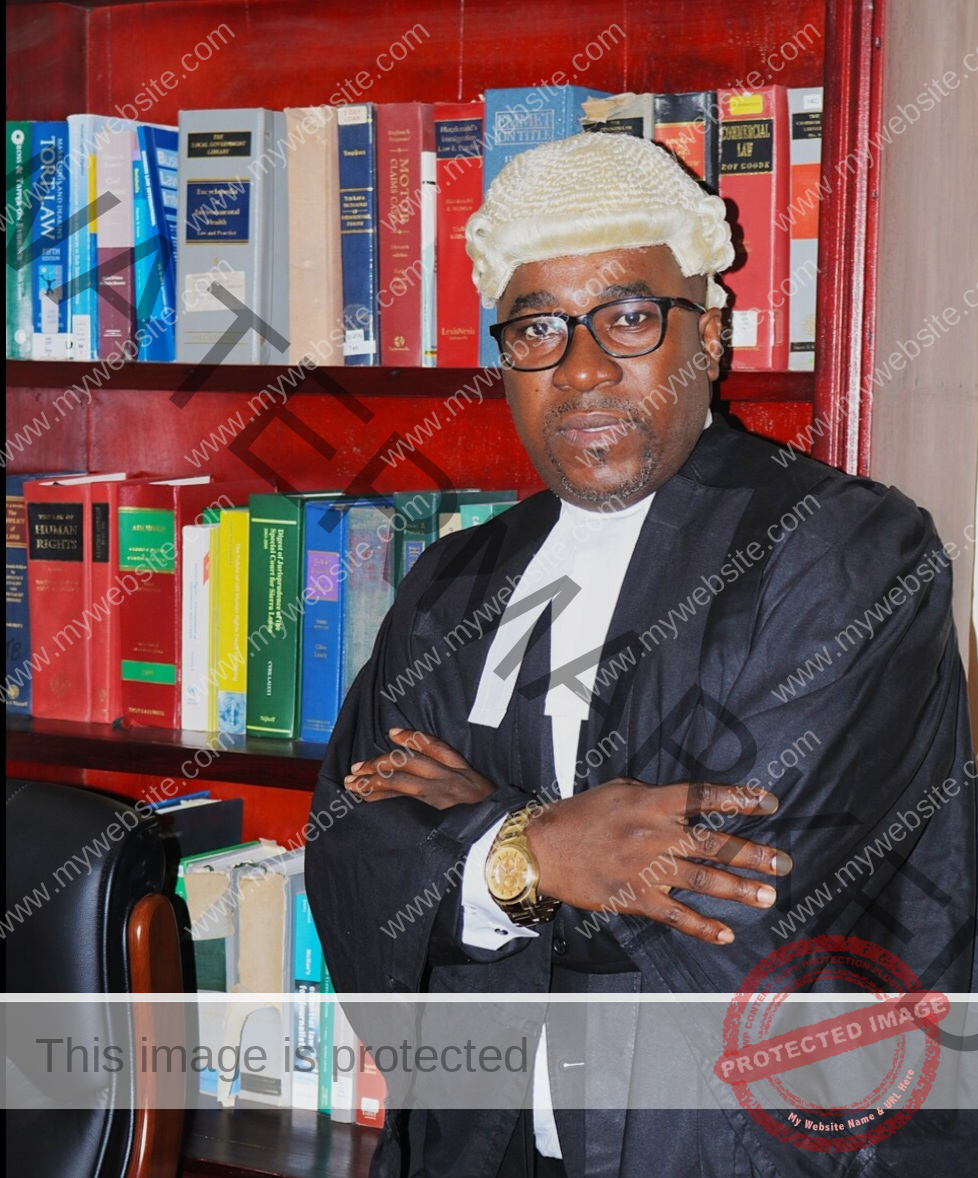
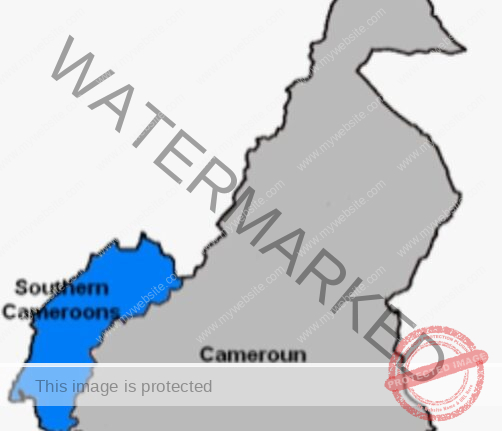


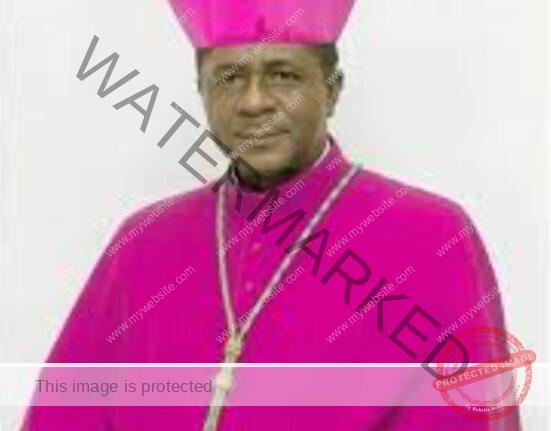
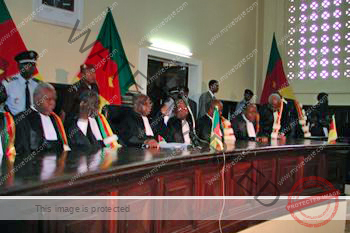
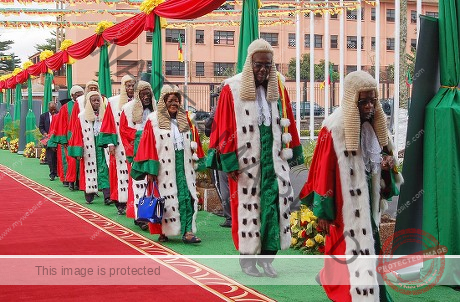

Leave feedback about this